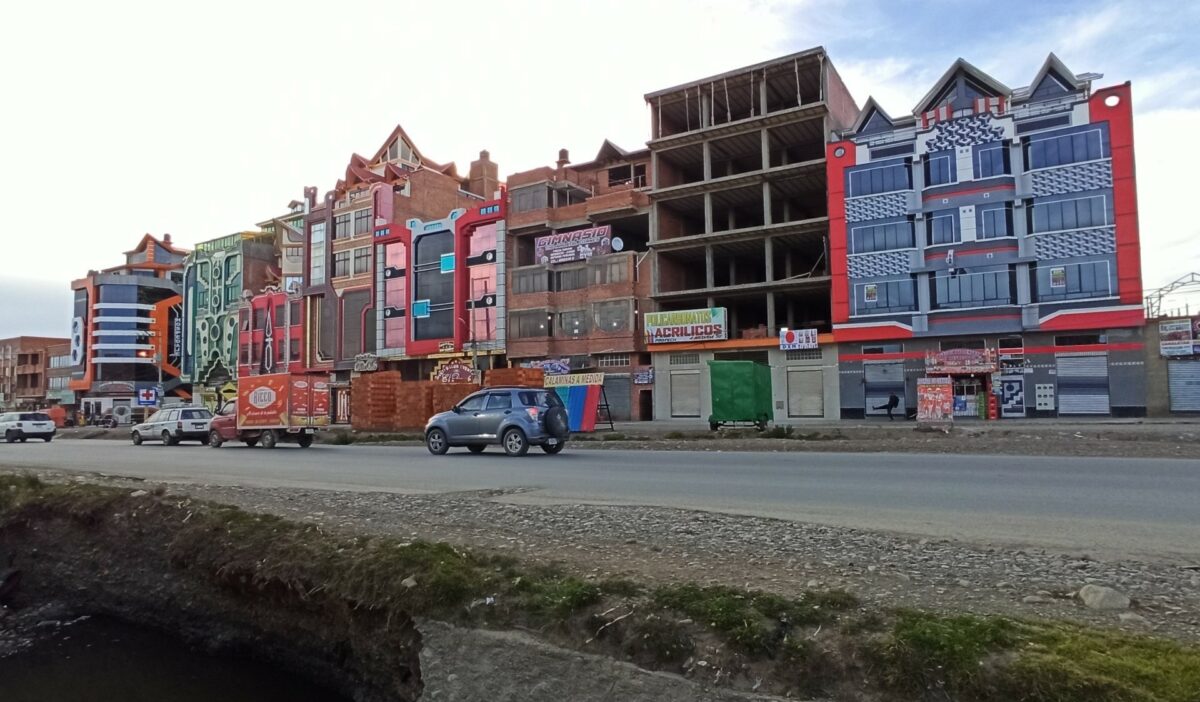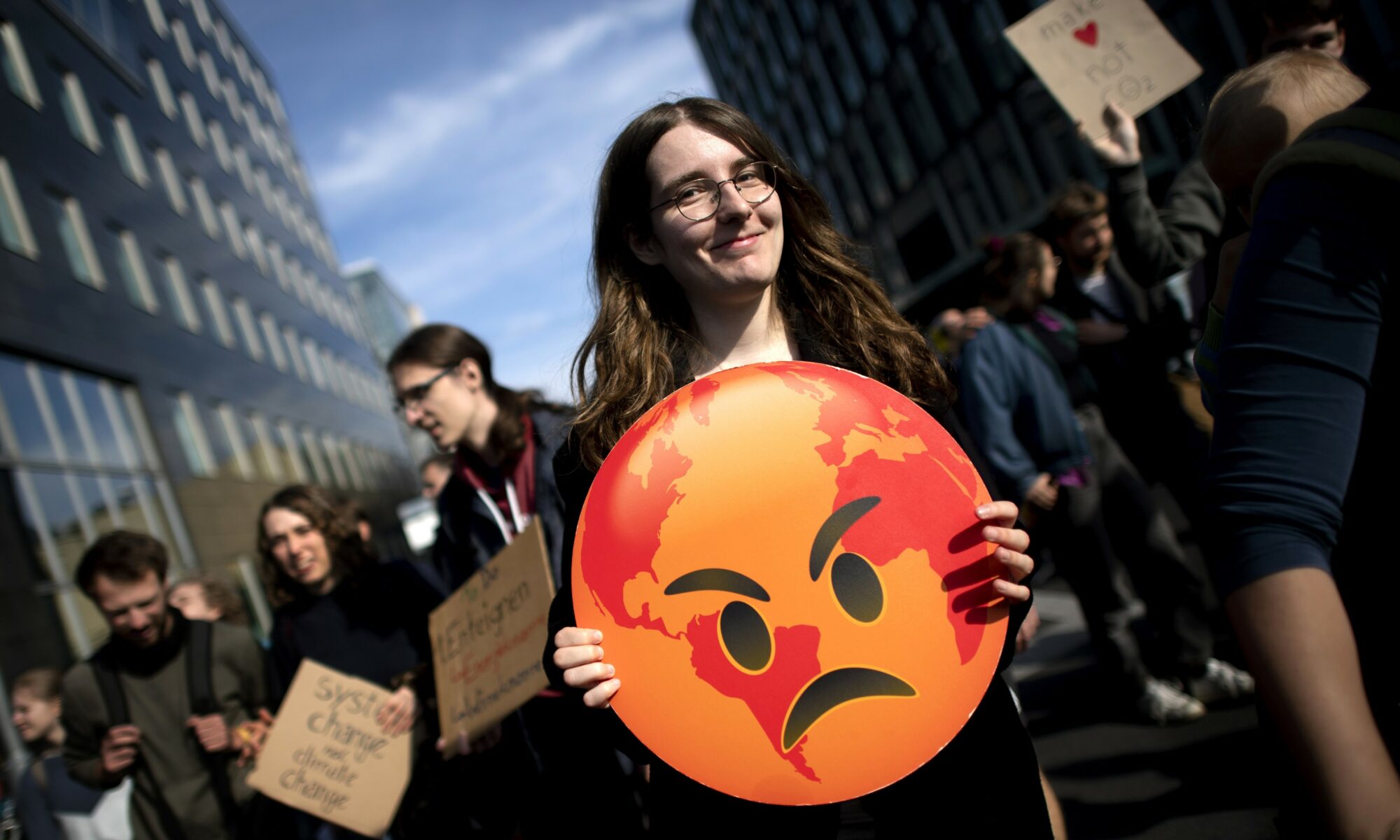By Guido Alejo, translated from Spanish by Maria Fernanda Córdova Suxo
Within Bolivia, a country marked by high levels of economic informality – nearly 90% of its active workforce, according to the Centro Boliviano de Economía (CEBEC) – El Alto stands out. Perched at an elevation of 4,000 meters on the Altiplano plateau, this city embodies informality not only in its economy but also in its very inception, formed outside the realms of state planning. Being just 38 years old, El Alto is witnessing a profound evolution in its concept of modernity. Here, a dynamic interplay between economic advancement, social mobility, and the redefinition of urban identity is underway.
Continue reading “Interpreting Modernity: Exploring El Alto, Bolivia’s Perspective”

